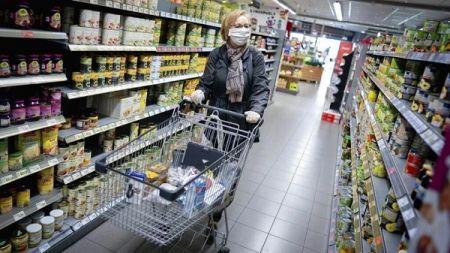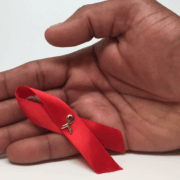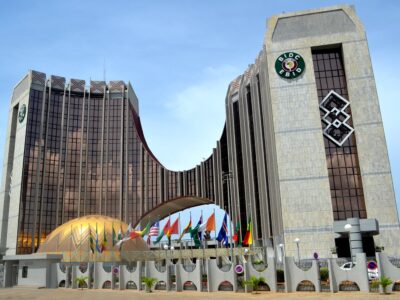
(Ecofin Agency) – From 2017 to 2020, South Africa’s average yearly inflation was on a downward trend before rising again. From 6.4% in 2016, it dropped to 3.3% in 2020 then rose to 4.5% in 2021 and 6.9% in 2022.
For the second consecutive month, inflation dropped in South Africa, reaching 7.2% in December 2022, according to data published by Stats SA, the country’s department of statistics, today.
For the previous month, the inflation had dropped to reach 7.4% against 7.6% a month earlier. Let’s note however that the average yearly inflation was up compared to 2021. In December 2022, inflation was negatively impacted by food and non-alcoholic beverages, housing and utilities, transportation, and miscellaneous goods and services.
Food and non-alcoholic beverages, up 12.4 percent year-on-year, contributed 2.1 percentage points to the new inflation rate against 2 percentage points for transportation, 1 percentage point for housing and utilities, and 0.7 percentage points for miscellaneous goods and services.
“Average annual inflation for 2022 was 6.9%, higher than the 4.5% recorded for 2021. The 2022 reading is the highest annual average rate since 2009 (7,1%) the end of the global financial crisis,” Stats SA informs. This average annual inflation rate is above the South African Reserve Bank’s (SARB) inflation target of 3% to 6%.
According to South African President Cyril Ramaphosa, the increase in the country’s inflation is the result of the ongoing conflict between Russia and Ukraine, which has had a significant impact on fuel and food prices. Similarly, the decline in agricultural production due to extreme weather events caused by climate change has intensified inflation. However, he said in a statement released in June 2022 that “the government is doing everything it can to protect South Africa from current and future price increases.
Among other measures, the South African government has put in place an employment stimulus program with a focus on agriculture to increase agricultural production and strengthen food sovereignty. Reforms have also been implemented in the energy, transport, and telecommunications sectors to, in the long-term, reduce the cost of electricity, logistics and internet through increased competition and efficiency.
Jean-Marc Gogbeu











Comments